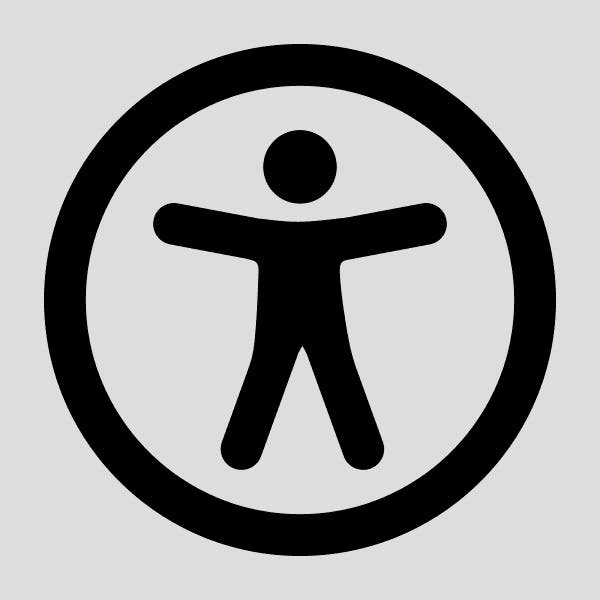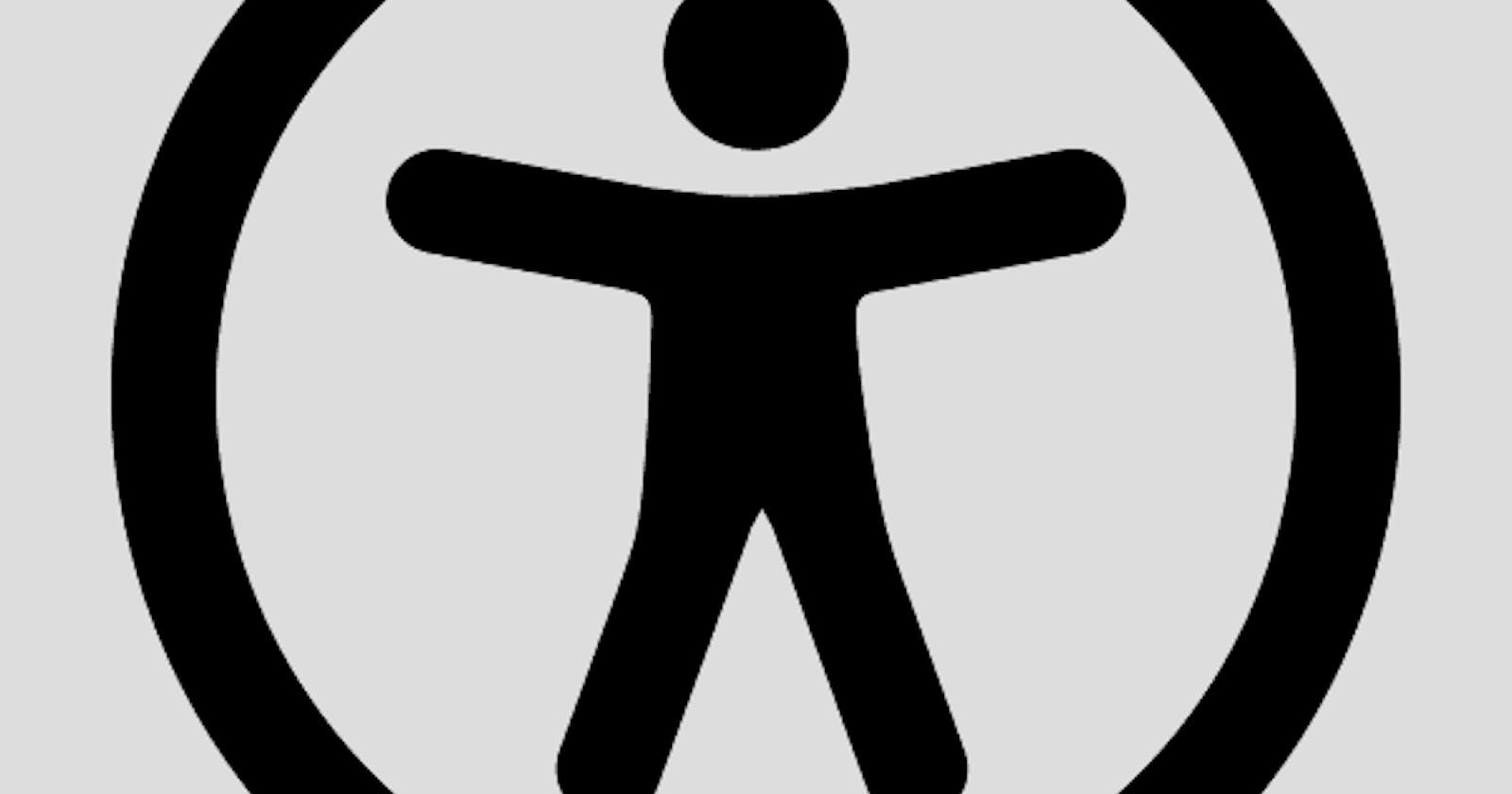How We All Benefit from Accessibility
A general musing on accessibility (a.k.a. a11y), online and offline.
Accessibility on the web (a.k.a. a11y)
This is already a huge topic that I don't feel very confident on being authoritative about, but I'd like to bring some food for thought to the table! If you haven't already come across the idea of Accessibility online - well, just think about it a little:
The physical world is still learning how to be accessible to everyone - a few existing things that improve accessibility include wheelchair ramps, teaching assistants in schools, braille on signs and buttons, allowing work from home, and many more accommodations. Some of these we take for granted now, others we definitely need to add or keep improving.
So, the same goes for the web.
We all benefit

What not everyone realises is how much accessibility improvements actually help us all. Wheelchair ramps? Also good for people pushing children in prams and buggies. Elevators/lifts? Saves you lugging that heavy suitcase up the stairs. Also some things that are just 'nice' for the rest of us can be very important for others - a quiet coach on a train? So relaxing. Also great for keeping overwhelming sounds down for people with auditory processing disorders.
Ditto online - subtitles on videos? So useful if you want to watch a video quietly, or in a loud environment, or if you have no earbuds with you. Good, semantic HTML structure under a website? Great for screen readers and also makes for clear, well-structured visual user interfaces too. Dark mode websites? Nice to use in the evenings if you like to keep your surroundings dark or save your OLED-screened mobile phone battery, and also helpful if you suffer migraines and bright backgrounds trigger it.
Visual UI (User Interface) accommodations
That last thing really varies, though - different styles of user interfaces work best for different people. Some maybe visually-impaired people need very high contrast to be able to read well, some read better with a particular colour-cast over their reading material, others have difficulties when there is too much contrast in the UI.
In the fairly recent past - not that many people used this - it was possible to design your own user styles, in CSS, and have your browser apply them to every site. How well that worked I am not sure, and now that option is difficult to find unless you go rooting around in hidden folders. Plus, that's of course already not very accessible to people who aren't into coding!
Now that Dark Mode has become a Thing across operating systems, apps and websites, there are many people breathing a great sigh of relief. And these are absolutely not just the people who would say they had any visual impairments or neurological issues - we all benefit. Where one person may say "I can't view this website or I will get a debilitating headache", another will only squint a little and say "oof, what a garish website". Both will benefit from there being a switch to change the UI into something more comfortable.
Conclusion, and watch this space...
There's a whole bunch of new stuff coming to browsers soon (or even already working, some behind dev flags) that I'm very impatient for. The more I dig, the more I want, and the sooner I want it all to work properly!
Now that I've written down the thoughts you see above, I'm preparing to dig deep into those to show you what I mean.
The web is a great place for radical design! But it's also a great place for choice - and if we want to access all the excellent services available online, we should all be able to do so in peace and without pain.
Stay tuned for the follow-up to this post...
